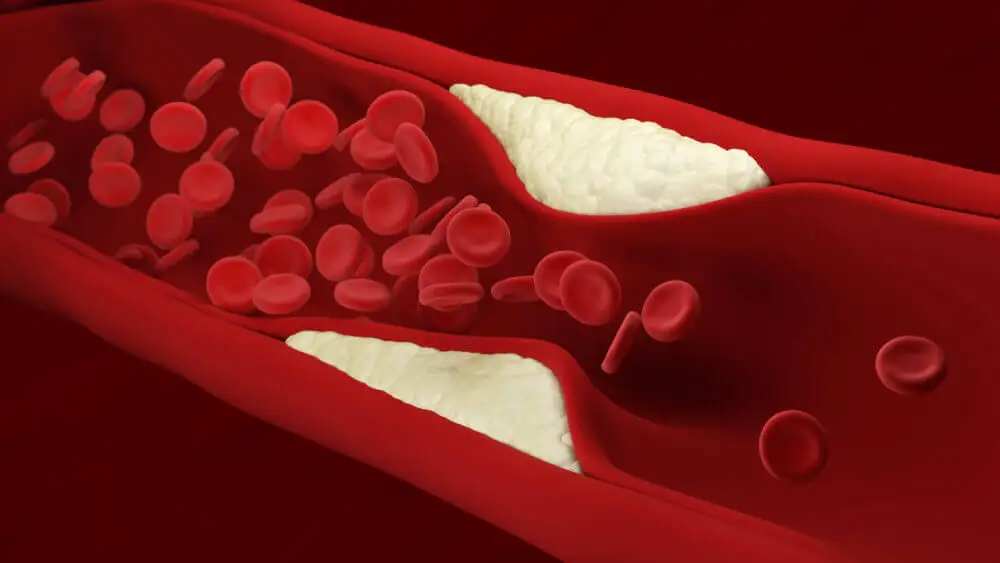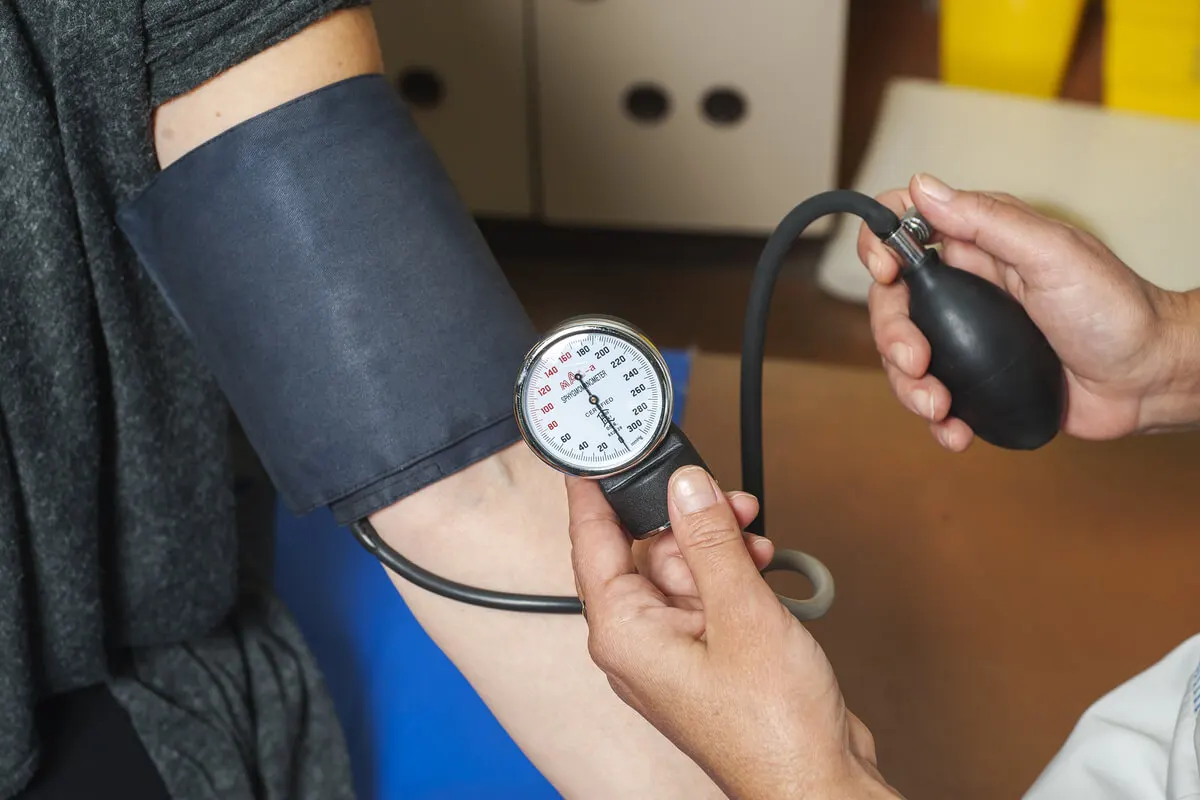Policosanol: Is it Effective in Regulating Cholesterol and Blood Pressure?


Reviewed and approved by the pharmacist Franciele Rohor de Souza
Policosanol is a dietary supplement that is derived primarily from sugar cane. However, it can also be derived from other plants such as wheat. Other names for it include “octacosanol,” “1-octacosanol”, and “octacosanol alcohol.”
For years, this substance has been touted as a supplement to reduce high cholesterol and blood pressure levels. However, the results of studies are controversial and inconclusive. Does it really work?
Policosanol: An ally against high cholesterol and hypertension?
To begin with, it’s important to note that both high cholesterol and high blood pressure require a medical approach. While there are natural formulas that promise to lower their levels, it’s essential to follow dietary recommendations and advice on exercise, medication, and healthy habits given by a professional.
With this clear, it’s worth noting that there are supplements such as policosanol that have shown positive effects on the control of lipid profile and high blood pressure. But what exactly is this substance?
Well, it’s a form of isolated alcohol that is 60% octacosanol. It also has small amounts of triacontanol, hexacosanol, and dotriacontanol.
A study reported in Food Science and Biotechnology called it “a well-defined nutraceutical for the management of blood cholesterol levels”. At the same time, it concluded that it has potential as an ally against hypercholesterolemia. What else does the research say?

Read also: Keep High Cholesterol at Bay Through Your Diet
Policosanol benefits against cholesterol
For several decades, policosanol has been investigated for its potential to lower high cholesterol levels. In this regard, research results have been controversial. While some support its effects, others suggest that there’s insufficient evidence. Let’s take a closer look.
A study reported in Drugs in R&D found that policosanol taken long-term can lower high levels of total cholesterol and bad (LDL) cholesterol, while increasing levels of good (HDL) cholesterol in patients with hypertension and type II hypercholesterolemia.
Similar results were reported in research shared in the International Journal of Clinical Pharmacology Research, in which doses of 20 mg/day and 40 mg/day were useful in lowering bad (LDL) cholesterol by 27.4% and total cholesterol by 28.1%.
A study in Molecular Nutrition and Food Research states that the combined results support the lipid-lowering effects of policosanol. Even so, more evidence is needed to confirm its efficacy.
And how does policosanol work? Well, according to the hypotheses, it decreases the production of cholesterol in the liver and increases the breakdown of bad cholesterol (LDL) to prevent its accumulation. Incidentally, it stimulates the functions of good cholesterol (HDL) and decreases platelet aggregation.
Studies against
Research shared through the Journal of the American Medical Association didn’t observe the benefits of policosanol in patients with hypercholesterolemia or combined hyperlipidemia. According to the results, the substance didn’t help lower high cholesterol levels, even when used in high doses.
Harvard Medical School published the article Policosanol: A sweet nothing for high cholesterol, in which it questions the supplement’s efficacy. According to their argument, the problem with the claims about this substance is that they are backed up by research conducted by a laboratory in Cuba that distributes it commercially.
Policosanol: benefits against high blood pressure
The use of policosanol is positively associated with lowering high blood pressure. In particular, a study reported in Complementary Therapies in Medicine found that policosanol has the potential to lower both systolic (SBP) and diastolic (DBP) blood pressure. However, more studies are needed to confirm this.

Possible risks and side effects
Oral consumption of policosanol is considered safe for most healthy adults. However, mild side effects have been reported, including headache, indigestion, rash, dizziness, difficulty sleeping, and weight loss.
The suggested dose is 5 to 80 mg per day for up to 3 years. After this time, the effects are unknown.
To date, safety hasn’t been established in populations with special conditions, such as pregnancy, lactation, and people with medical conditions who are under pharmacological treatment. Therefore, it isn’t recommended in all these cases.
It shouldn’t be taken simultaneously with anticoagulant drugs, insulin, or drugs for cholesterol or blood pressure. Neither should it be taken with levodopa, a drug used for Parkinson’s disease. Other possible interactions may occur with garlic, ginkgo, or vitamin E supplements.
You may also be interested in: What is Levodopa for?
What should we remember about this supplement?
Policosanol is a supplement obtained from sugar cane and wheat. For years it has been distributed in the market as an option to support lowering high cholesterol levels and high blood pressure. However, the studies that talk about these properties have yielded mixed results.
It’s essential to realize that there’s no miracle formula to reduce hypercholesterolemia or hypertension. These diseases, because of their complexity, require a medical approach. Thus, neither policosanol nor other supplements should replace the treatment prescribed by a professional.
All cited sources were thoroughly reviewed by our team to ensure their quality, reliability, currency, and validity. The bibliography of this article was considered reliable and of academic or scientific accuracy.
- Lee, JY., Choi, HY., Kang, YR. et al. Effects of long-term supplementation of policosanol on blood cholesterol/glucose levels and 3-hydroxy-3-methylglutaryl coenzyme a reductase activity in a rat model fed high cholesterol diets. Food Sci Biotechnol 25, 899–904 (2016). https://doi.org/10.1007/s10068-016-0147-y
- Castaño G, Más R, Fernández JC, Fernández L, Illnait J, López E. Effects of policosanol on older patients with hypertension and type II hypercholesterolaemia. Drugs R D. 2002;3(3):159-72. doi: 10.2165/00126839-200203030-00004. PMID: 12099160.
-
Castaño G, Mas R, Fernández L, Illnait J, Gámez R, Alvarez E. Effects of policosanol 20 versus 40 mg/day in the treatment of patients with type II hypercholesterolemia: a 6-month double-blind study. Int J Clin Pharmacol Res. 2001;21(1):43-57. PMID: 11708574.
-
Berthold, H. K., Unverdorben, S., Degenhardt, R., Bulitta, M., & Gouni-Berthold, I. (2006). Effect of Policosanol on Lipid Levels Among Patients With Hypercholesterolemia or Combined Hyperlipidemia. In JAMA (Vol. 295, Issue 19, p. 2262). American Medical Association (AMA). https://doi.org/10.1001/jama.295.19.2262
-
Gong, J., Qin, X., Yuan, F., Hu, M., Chen, G., Fang, K., Wang, D., Jiang, S., Li, J., Zhao, Y., Huang, Z., Dong, H., & Lu, F. (2017). Efficacy and safety of sugarcane policosanol on dyslipidemia: A meta-analysis of randomized controlled trials. In Molecular Nutrition & Food Research (Vol. 62, Issue 1, p. 1700280). Wiley. https://doi.org/10.1002/mnfr.201700280
- Heart Beat: Policosanol: A sweet nothing for high cholesterol. (September 1, 2006). Harvard Medical School. https://www.health.harvard.edu/newsletter_article/Heart_Beat_Policosanol_A_sweet_nothing_for_high_cholesterol
-
Askarpour M, Ghaedi E, Roshanravan N, Hadi A, Mohammadi H, Symonds ME, Miraghajani M. Policosanol supplementation significantly improves blood pressure among adults: A systematic review and meta-analysis of randomized controlled trials. Complement Ther Med. 2019 Aug;45:89-97. doi: 10.1016/j.ctim.2019.05.023. Epub 2019 May 23. PMID: 31331588.
This text is provided for informational purposes only and does not replace consultation with a professional. If in doubt, consult your specialist.








